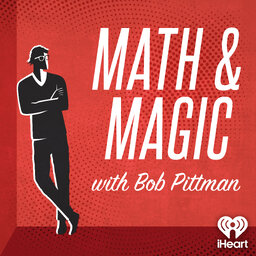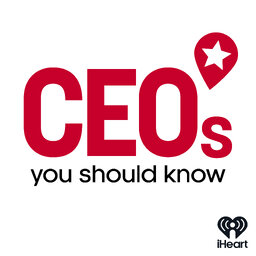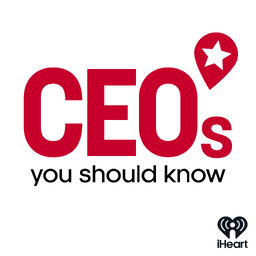Explicit
Michael Kassan: “If you can find chaos, there’s going to be opportunity.”
Few people can charm and foster connections the way MediaLink Founder, Chairman and CEO Michael Kassan does. Learn how Michael changed the media buying business by treating it like a mutual fund; why audio is finding its way into more media mixes these days; and why he thinks more businesses and agencies need to go to therapy before breaking up. Plus, Michael reveals the savviest business advice you might have overlooked on the Hamilton soundtrack!
Learn more about your ad-choices at https://www.iheartpodcastnetwork.com
 Math & Magic: Stories from the Frontiers of Marketing with Bob Pittman
Math & Magic: Stories from the Frontiers of Marketing with Bob Pittman


